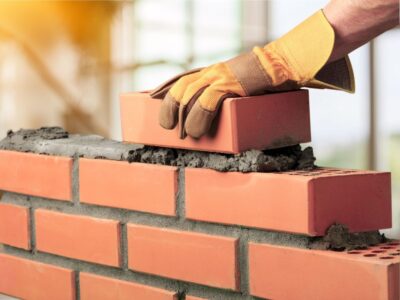Water tanks play a crucial role in harvesting and storing rainwater for various purposes, including household use, irrigation, and firefighting. In places like Melbourne, where water conservation is a top priority due to erratic rainfall patterns and increasing urbanisation, maintaining water tanks is essential for ensuring longevity and optimal performance. Proper maintenance not only prolongs the lifespan of the tank but also ensures the quality of stored water remains high. Here are some tips for maintaining water tanks in Melbourne:
Regular Inspection and Cleaning
Regular inspection of your water tank is essential to identify any potential issues early on. Check for signs of leaks, cracks, or damage to the tank structure. Inspect the inlet and outlet pipes, valves, and seals for any signs of wear or malfunction. Additionally, keep an eye out for debris, sediment, or algae buildup inside the tank, as these can affect water quality and lead to contamination.
Clean Gutters and Filters
Clean gutters and downpipes regularly to prevent debris, leaves, and other pollutants from entering the tank. Install gutter guards or leaf screens to minimise the accumulation of debris. Similarly, clean or replace filters in the inlet pipe to ensure only clean water enters the tank. Clogged filters can impede water flow and cause overflow issues during heavy rainfall.
Maintain Proper Ventilation
Proper ventilation is crucial for preventing the buildup of harmful gases such as methane and hydrogen sulfide inside the tank. Ensure that ventilation openings are clear and unobstructed to allow for adequate airflow. This helps to prevent the growth of anaerobic bacteria and algae, which can affect water quality and cause unpleasant odors.
Monitor Water Levels
Regularly monitor water levels in your tank to ensure an adequate supply is available for your needs. Insufficient water levels can put strain on pumps and other equipment, leading to premature wear and tear. Conversely, excessive water levels can cause overflow and structural damage to the tank. Install a water level indicator or gauge to easily monitor water levels and prevent overfilling or running dry.
Check for Pest Infestation
Inspect your water tank for signs of pest infestation, such as rodents, insects, or birds. These pests can cause damage to the tank structure and contaminate the stored water. Seal any openings or gaps in the tank to prevent pests from entering and install mesh screens or covers over ventilation openings to deter birds and insects.
Schedule Maintenance Tasks
Create a regular maintenance schedule for your water tank, including tasks such as cleaning, inspection, and servicing of equipment. Adhere to manufacturer recommendations for maintenance intervals and procedures. Consider hiring professional maintenance services for thorough inspections and cleaning, especially for large or complex tank systems.
Conclusion
Maintaining your water tank is essential for ensuring longevity and optimal performance, especially in regions like Melbourne where water conservation is critical. By following these tips for regular inspection, cleaning, and maintenance, you can ensure that your water tank continues to provide a reliable source of clean water for years to come. Proper maintenance not only protects your investment but also contributes to water conservation efforts and environmental sustainability. Take proactive steps to care for your water tank today and enjoy the benefits of reliable water supply tomorrow.













Comments